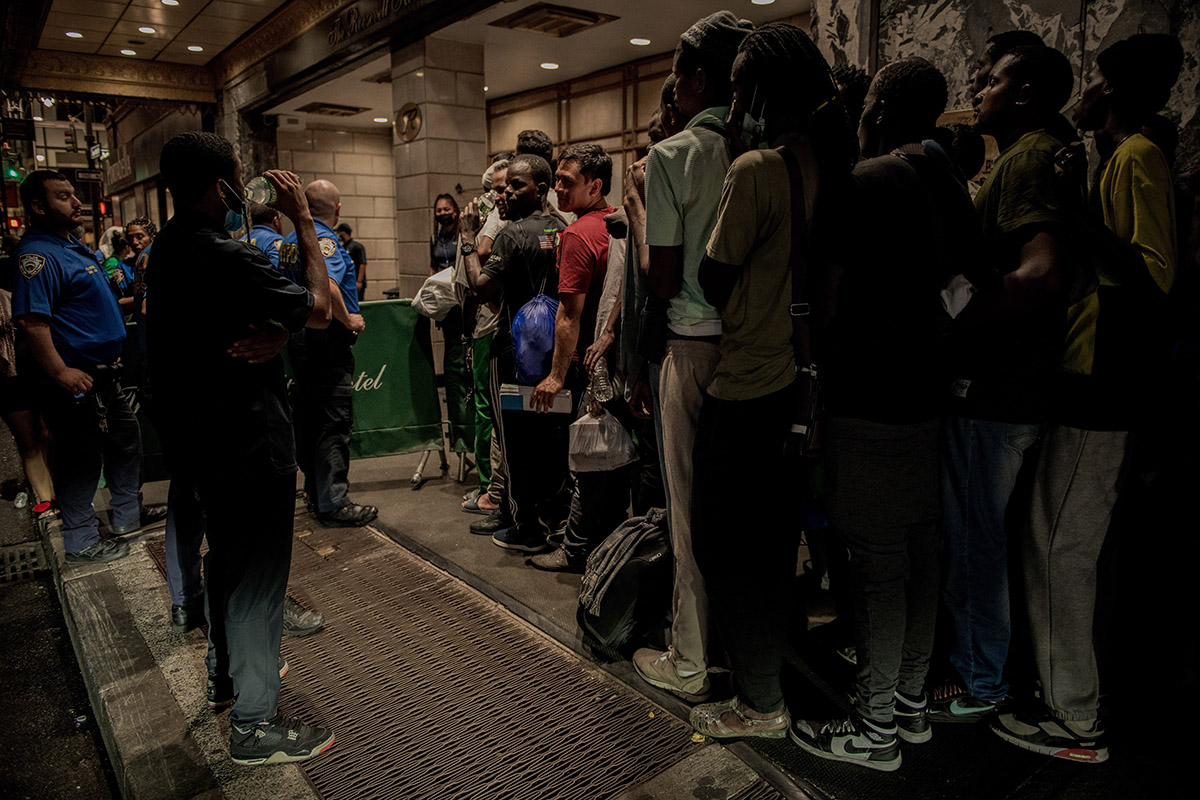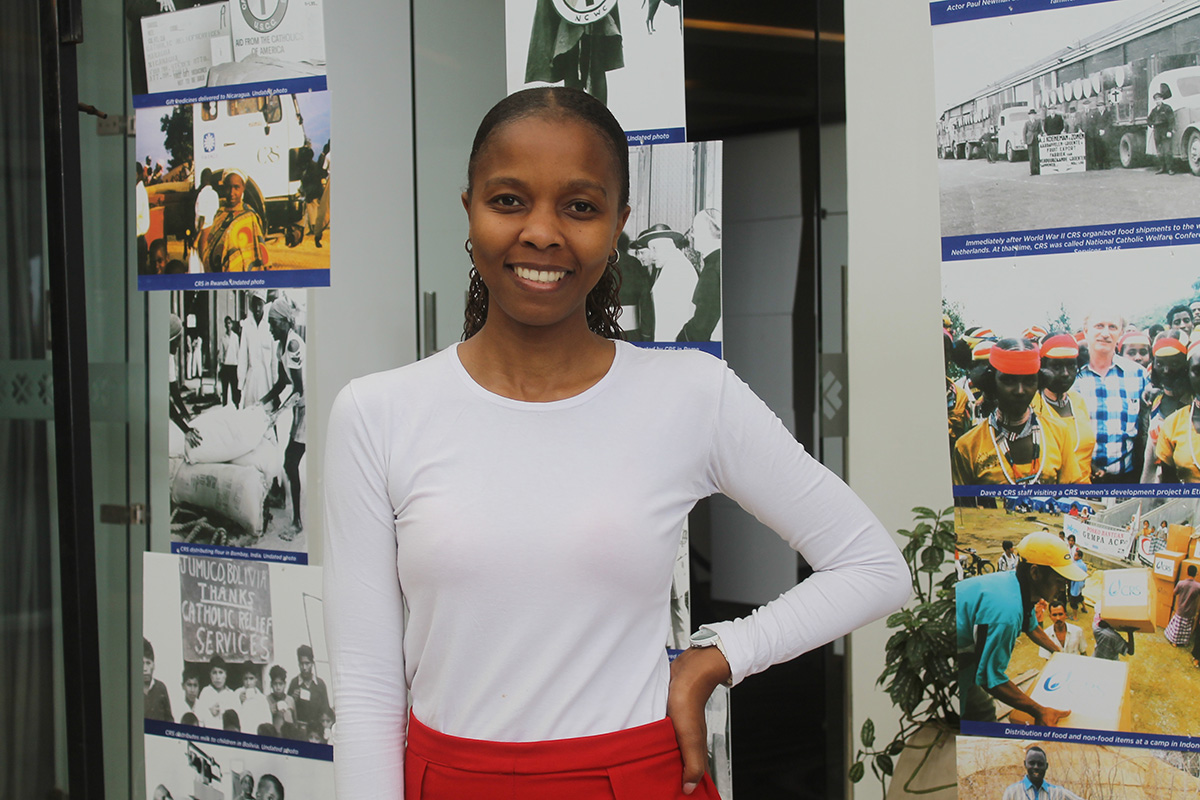Alternative narratives to Illegal migration amongst young people in Nigeria
May 17by Ruhamah Ifere
‘’I drank my urine as water in the desert while on my way to Europe by road, with other travellers. Many of my friends lost their lives due to scarcity of food and water’’
Libyan deportee
One in every five recent graduates or serving corps members have planned their exit strategy either legally or illegally. The risk encountered by youths who migrate illegally, determined to find their Eldorado, should literally serve as a deterrence, but the reverse is the case. It seems the more risky, the more determined they become to devise means of evading security agents and getting to the destination.
Illegal migration is the migration of people across national borders in a way that violates the immigration laws of the destination country. They are also referred to as unauthorized or undocumented immigrants.
There has been a surge in illegal migrants worldwide especially from poorer to richer countries. Young Nigerians make up the largest population of the growing flow of migrants from Africa to developed countries. From 2017 until late 2019, hundreds of Nigerian migrants were deported from various destinations including Italy, Libya and South Africa.
According to Ikuteyi jo; 2013, there are three group of migrants who fall into the irregular migration category .
- Those who arrive in a country illegally.
- Those who arrive legally, for example, on the basis of tourist or student visas and then overstay the period covered by their visas.
- Asylum seekers whose claims have been rejected and who have not left their country as required.
In 2018, World Poverty Clock reported that Nigeria had more people living in extreme poverty than any other country in the world. The causes differ from individual to individual and community to community.
The reasons for the influx of illegal migrants are not farfetched. Sociologists have long analysed migration regarding the Push-Pull model. The “Push” factor refers to circumstances at home that repel. For instance, in Nigeria, the search for greener pastures stems from Insecurity, poor leadership, banditry, kidnapping, corruption and the absence of quality education, to mention a few.
The “Pull” factor refers to those conditions found elsewhere (abroad) that attract migrants. It ranges from quality job opportunities, a safe workplace, security, quality education, family reunification, etc.
Unemployment ranks high among the youths in Nigeria. The youth unemployment rate is 52.7 per cent. With the advent of coronavirus in 2020, the employment sector was adversely hit and we saw thousands of workers dismissed from their means of livelihood, with no alternative. This left little to be imagined as seen in early months of 2020, when some Nigerians went to the International airport to be evacuated alongside foreign nationals during the Covid-19 pandemic.
Illegal migration has its dire consequences on both the undocumented migrant and the host or receiving country. For the host country, the consequences can broadly be divided into social, economic, political and security challenges.
SOCIAL CONSEQUENCES:
- Poor identification of persons.
- Cultural survival is endangered.
- Environmental degradation.
- Community tension.
ECONOMIC CONSEQUENCES:
- Increasing financial burden.
- Displacement of native workers in job settings which lead to deprivation of native citizens, lack of employment opportunities.
POLITICAL CONSEQUENCES:
- Population growth.
- Ethnic violence
- Illegal voters.
SECURITY CHALLENGES:
- Increased vices
- Terrorism
FOR THE ILLEGAL MIGRANTS:
- Spread of infectious or communicable diseases.
- Interception and deportation.
- Sexual trafficking for slavery, prostitution, criminal activity and death.
Currently, human trafficking ranks the third most profitable criminal enterprise globally after drug trafficking and illegal arms transactions. (International Labour Organisation), 2003; United Nations Office on drugs and crime(UNODC), 2011.
STEPS TO BE TAKEN:
The efforts geared must be with the aim to demystify the fantasies about life abroad and educate the young ones about the realities of life as an irregular migrant. Research reveals that a great majority of youths who are unemployed, in their final year at a tertiary level education institution, or engaged in Nigeria’s compulsory national youth service are ready to leave the country in search for greener pastures.
Currently, there is a trust deficit in the government of today, as the aftermath of the “End Sars” protest still lingers in the memories of the youths. It now behooves the government, through the various state agencies to:
- Create more public awareness and sensitization of the youths of the harsh realities of illegal migration.
- Provide opportunities for employment; There is the need for structures that will enable youths to become gainfully employed and thrive. In order to reduce the attraction of migration, the government needs to tie the naira value to that of the dollar.
- Introduce Peace Education in schools; The novel coronavirus pandemic caused massive disruptions in schools. Many youths are not in school which adds to the out of school children rate in Nigeria. This has made many youths become vulnerable to violence and other vices which are inimical to the society. Peacebuilding workshops are therefore needed to train and groom youths on peacebuilding skills and the need to shun violence which repels or contributes to the push factor that drives people to migrate. Also, the increase in the terrorism and banditry rate in the north east area has made the country unsafe. Means of livelihood have been lost and millions displaced.
- Increase the Budget allocation for the youths. The recent budget passed for the Ministry of youths and sports for 2021 is not sufficient to cater to the number of youths in Nigeria. There is the need to go beyond intervening in the lives of the youths to creating programmes that will eradicate poverty and make the home place a sustainable one.
There is the need for Civil organizations and youth led initiatives to do the work of a watch dog and hold the government accountable for implementation. When all these recommendations are effectively implemented, there will be a drastic reduction in the migration rate of youths and also the resultant brain drain in the country.






